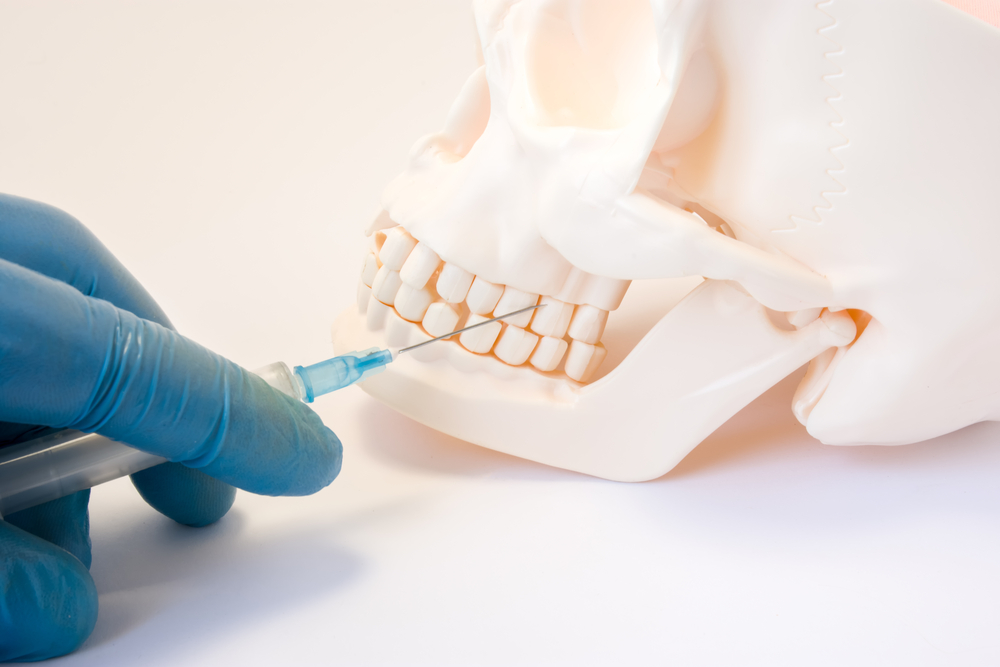
Oral sedation plays a crucial role in dental care, helping patients feel more at ease during procedures that may cause anxiety or discomfort. If you are considering oral sedation for your dental treatment, it is important to understand its benefits, as well as the guidelines and precautions to follow for a safe and successful experience.
The Role of Oral Sedation in Dental Care
Oral sedation is a method used by dentists to help patients relax and feel more comfortable during dental procedures. It involves the administration of sedative medications in the form of pills or liquid, which are taken by mouth prior to the appointment. These medications induce a state of relaxation and reduce anxiety, while still allowing the patient to remain conscious and responsive throughout the procedure.
Benefits of Oral Sedation for Dental Procedures
There are several benefits to using oral sedation for dental procedures. Firstly, it helps patients overcome their dental anxiety, making it easier for them to receive the necessary treatment. Dental anxiety is a common issue that can prevent individuals from seeking dental care, leading to deteriorating oral health. Oral sedation provides a safe and effective solution to address this fear and allow patients to receive the dental care they need.
Additionally, oral sedation helps to minimize pain and discomfort during dental procedures. By inducing a relaxed state, the sedative medications reduce the sensitivity to pain, making it more tolerable for the patient. This is particularly beneficial for individuals who have a low pain threshold or are undergoing more extensive dental work.
Oral sedation also allows for more efficient dental treatments. When patients are relaxed, dentists can work more effectively and complete the procedures in a timely manner. This is especially important for complex treatments or multiple procedures that require longer appointment times. By using oral sedation, dentists can ensure that patients receive the necessary care without compromising their comfort or the quality of the treatment.
Guidelines for Preparing for Oral Sedation
Before undergoing oral sedation, it is essential to follow certain guidelines to ensure a safe and successful experience. Here are some important steps to take:
- Consultation with the Dentist: Schedule a consultation with your dentist to discuss your oral sedation options and determine if you are a suitable candidate. During this appointment, your dentist will review your medical history, assess your dental needs, and explain the procedure in detail. It is important to disclose any medical conditions, allergies, or medications you are currently taking to ensure the safety and effectiveness of the sedation.
- Fasting Requirements: Your dentist will provide specific instructions regarding fasting requirements before the sedation appointment. In general, it is necessary to avoid eating or drinking anything for a certain period of time prior to the procedure. This is to prevent any potential complications during sedation, such as aspiration.
- Transportation Arrangements: Since oral sedation can impair your ability to drive or operate machinery, it is crucial to arrange for transportation to and from your dental appointment. This ensures your safety and prevents any legal or safety issues.
Precautions to Take Before Undergoing Oral Sedation
While oral sedation is generally safe, it is important to take certain precautions to minimize any potential risks. Here are some precautions to consider:
- Medication Interaction: Inform your dentist about any medications you are currently taking, including prescription drugs, over-the-counter medications, and supplements. Some medications may interact with the sedative medications, affecting their effectiveness or causing adverse reactions. Your dentist will evaluate the potential interactions and adjust the sedation plan accordingly.
- Allergies and Sensitivities: Be sure to inform your dentist about any known allergies or sensitivities you have, especially to medications. This will help your dentist select the appropriate sedative medications that are safe for you. If you have had any previous adverse reactions to sedation or anesthesia, it is important to discuss this with your dentist as well.
- Medical Conditions: Certain medical conditions may require special consideration when undergoing oral sedation. Conditions such as cardiovascular diseases, respiratory disorders, or liver or kidney problems may affect the choice and dosage of sedative medications. Your dentist will evaluate your medical history and consult with your healthcare provider if necessary to ensure your safety during sedation.
Schedule Your Consultation with Cal Oaks Dental Today
Oral sedation is a valuable tool in dental care, providing numerous benefits for patients who experience dental anxiety or discomfort. By understanding the role of oral sedation, its benefits, and following the guidelines and precautions, you can prepare for a safe and successful sedation experience.
Schedule a consultation with our dentist to discuss the possibility of oral sedation for your dental treatment, visit Cal Oaks Dental at our office in Murrieta, California, or call (951) 501-4900 to book an appointment today.








